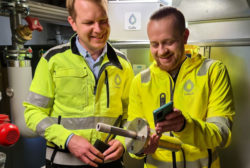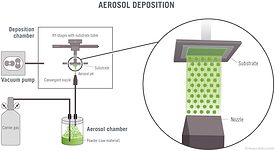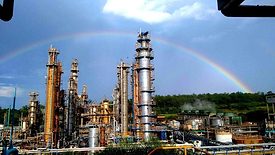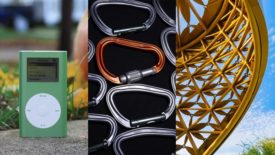Weekly Web Articles
Millwork Paint Operation Gains Visibility into Paint Usage
With Cloud-Based Flow Monitoring and Control System
Read More
Online Monitoring Improves Chemical Equipment Efficiency
Helps Reduce Corrective and Preventive Maintenance
March 31, 2022
Keep the info flowing with our eNewsletters!
Get the latest industry updates tailored your way.
JOIN TODAY!Copyright ©2025. All Rights Reserved BNP Media.
Design, CMS, Hosting & Web Development :: ePublishing










